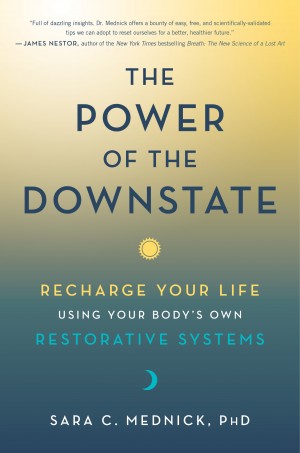The Torah and Talmud are filled with passages that underscore the importance of friendship and interpersonal relations. The Mishna called Ethics of the Father encourages us to “find a friend,” indicating that doing so is one of the most admirable human achievements.
In The Joy of Connections, the late renowned sex therapist Dr. Ruth K. Westheimer focuses on the importance of connections and their value as an antidote to loneliness. The introduction begins, “Loneliness is about the quality of connections in your life, not the quantity.” The book describes loneliness as a twenty-first-century epidemic that can poison one’s life and is focused on helping people overcome it.
Loneliness can be physically and mentally dangerous, affecting both the duration and quality of our lives. Taking her characteristic no-nonsense, practical approach, Dr. Ruth offers what she calls a “roadmap for overcoming loneliness.” Because loneliness can occur even when one is surrounded by people, and because each person requires their own roadmap, the book presents one hundred ways to overcome isolation and become more connected to other people.
Dr. Ruth looks at five areas of life that can either facilitate or impede connections. These are self, family, friends, community, and technology. Tips regarding the self will prompt readers to think about how they might — or might not — engage with others. This can include how we look or dress, how we speak to others, or even how we reward ourselves for our accomplishments. Very simply, liking ourselves can help others like us and want to be with us.
Family can be a source of joy or pain; however, there is often an unspoken connection among family members, no matter how infrequently they get together. Dr. Ruth suggests ways to leverage those relationships to pull ourselves out of the darkness of loneliness.
One of the keys to having friends, Dr. Ruth explains, is being a good friend. The book is filled with ideas about how to do that: babysitting for someone else’s children, mentoring someone, or being a good listener, to name a few.
Community provides us with common areas of interest. This may include civic concerns, school-related concerns, professional groups, or groups that focus on personal issues. Being willing to get involved in community enables us to make a difference and collaborate with others on things that matter to us.
Technology can also forge connections in interesting ways. One of the book’s suggestions is to listen to podcasts, most of which invite listeners to share feedback and contribute to an online community of interest. Podcasts also allow us to build expertise in a particular area and become a more interesting person to speak with.
The Joy of Connections is a practical guide to creating human connections and combating loneliness. Dr. Ruth’s suggestions will give readers the confidence and conviction they need to address their concerns.
Marian Stoltz-Loike, Ph.D. is author, speaker and academician. She is the author of Dual Career Couples: New Perspectives in Counseling and Cross-Cultural Communication.





